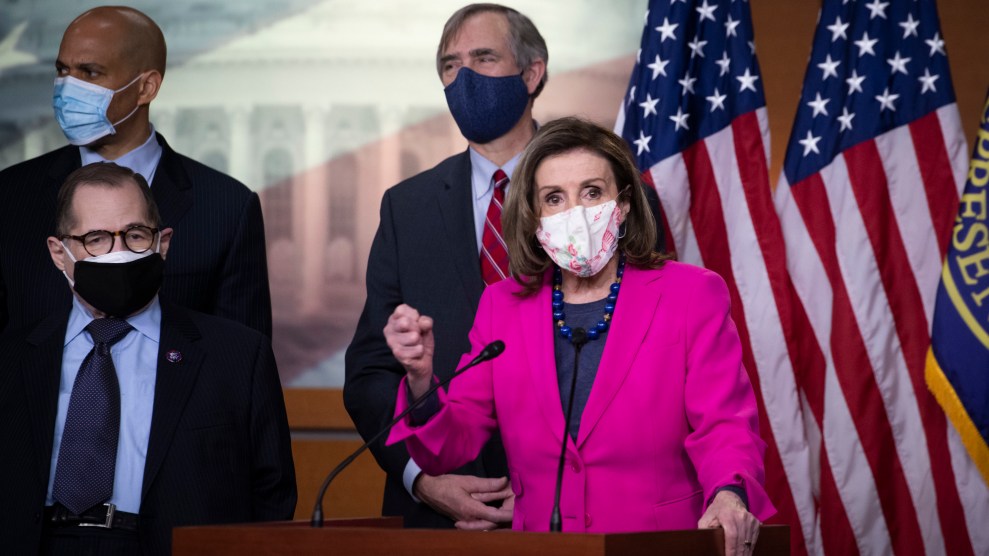TV Host Jon Stewart received a flurry of praise on Friday for his unyielding interview with Arkansas Attorney General Leslie Rutledge, who fought for legislation denying anyone under 18 access to gender-affirming treatments. The law, passed last year, is the subject of a legal challenge by the American Civil Liberties Union. A trial on whether to permanently block the legislation is scheduled for later this month before a federal appeals court.
Jon interviewed Leslie Rutledge, Arkansas Attorney General, about why her state banned gender-affirming care for minors – ignoring the guidelines of major medical organizations and taking the decision out of parents’ hands. Watch the full interview on @AppleTVPlus pic.twitter.com/4SoH3orWa6
— The Problem With Jon Stewart (@TheProblem) October 7, 2022
In the interview, which is part of the Apple TV series, The Problem With Jon Stewart, Stewart points out that the state law overrides guidelines developed by major medical associations. (The American Medical Association, for example, says that gender-affirming care is key to improving health outcomes for transgender individuals. The care is associated with dramatically reduced rates of suicide, depression and anxiety, substance use.)
“It’s surprising that the state would say ‘we want to make a decision for your family and your child, to protect them,’ even though the American Medical Association, the American Association of Pediatrics, the Endocrine Society, the American Association of Psychiatrists all recommend a certain set of guidelines for children that are expressing gender dysphoria,” says Stewart. “So I guess my surprise is why would the state of Arkansas step in to override parents, physicians, psychiatrists, endocrinologists who have developed guidelines. Why would you override those guidelines?”
Rutledge claims that, for every expert who supports gender-affirming care, “there’s another expert to say we don’t need to allow children to take those medications.”
“But you know that’s not true,” Stewart says. “You know it’s not ‘for every one, there’s one.’”
A clip of the interview shared on Twitter received praise from many journalists, politicians, and celebrities on Twitter.
Wow. A big tip of the Stetson to Jon Stewart. A master class in the art of a news making interview. https://t.co/xWFYWIlAIm
— Dan Rather (@DanRather) October 8, 2022
A model, in many ways, for how journalists in real time should be forcing politicians to back up their claims with facts and sources and not simply allowing them to go unchallenged. https://t.co/raVPJDhsS5
— Ida Bae Wells (@nhannahjones) October 8, 2022
When someone has done their homework and knows the sources of information versus when someone has an opinion purely for election purposes. This was a calm dismantling https://t.co/WNfd7w9QmB
— andyroddick (@andyroddick) October 8, 2022
Why are people (rightly) praising this @jonstewart interview?
1) He was prepared.
2) He called out her lies with facts.
3) He did follow ups.This is basic political journalism. The fact it's seen as a breath of fresh air reveals everything broken with access journalism. https://t.co/eHDDUAViMO
— Wajahat Ali (@WajahatAli) October 7, 2022
I have to say this might be the single best line of questioning i've ever seen performed by an interviewer talking to a politician about gender and kids. https://t.co/H6ekU7mHMk
— Tyler Black, MD (@tylerblack32) October 7, 2022

















